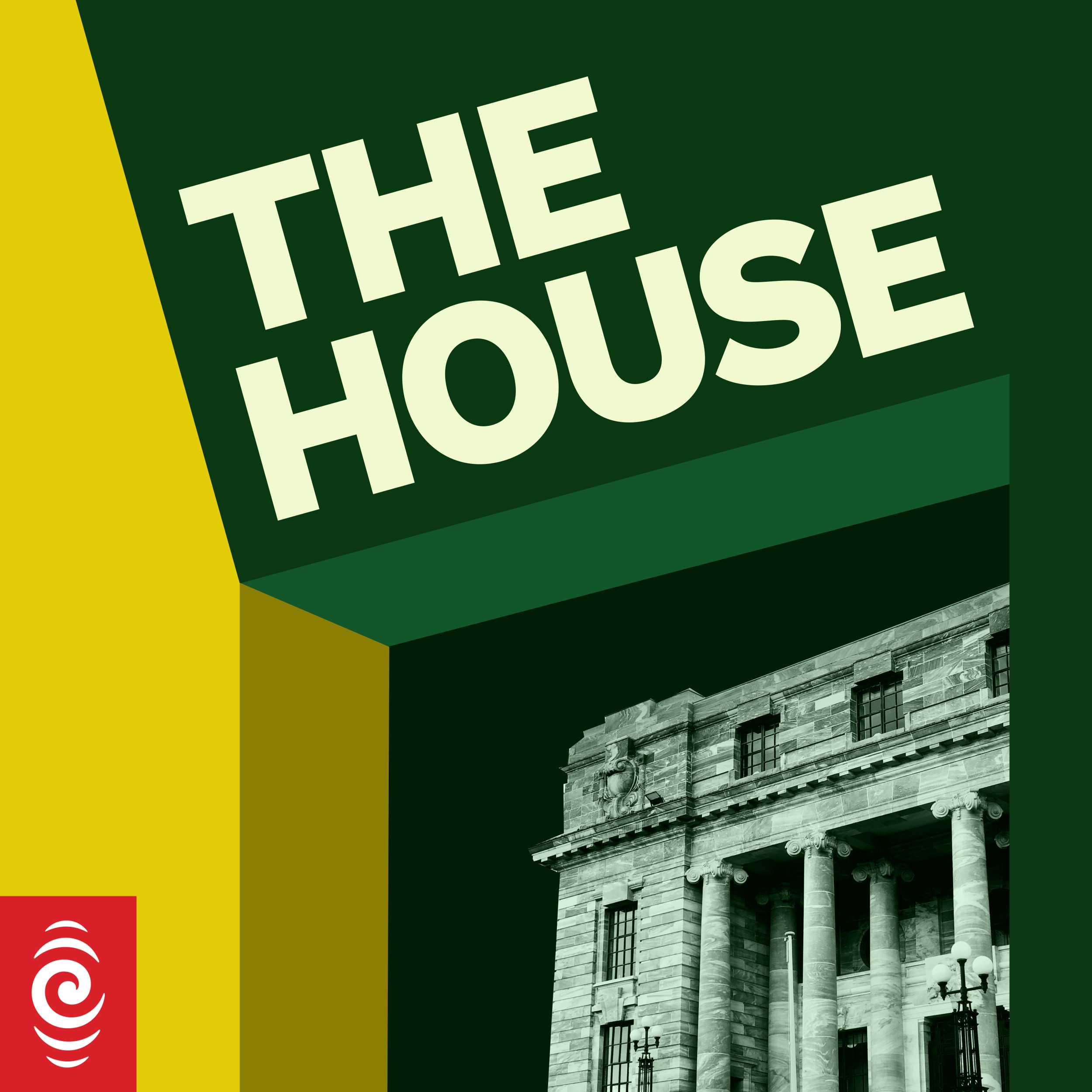

The censure of an MP this week came with a message about how to handle provocation - keep it vocal.
One of the first things that MPs did in Parliament this week was something unusual - censure an MP.
There is always a lot of build-up to this kind of event, with public hearings of the Privileges Committee and corresponding media coverage, but its finale in the House came without much ceremony or politics (at least on this occasion).
Privileges Committee Chair Judith Collins outlined the case and the finding. Julie Anne Genter had infringed and should apologise. Committee Deputy Duncan Webb made a few comments, the Speaker did the formalities and it was over.
The apology had happened earlier.
The backdrop
In our Sunday story we will be looking at some tricksy aspects of Parliament's rules that, while being pretty unavoidable, might form a back-drop to this censure.
In brief, while it is considered a breach of privilege to tell porkies in the chamber it isn't always very easy to do anything about it, or to differentiate between a lie and an opinion. Even when the infringement is obvious, the bar for action is high.
This can lead to frustration if either your performance or your record of achievement is the subject of incorrect claims.
Julie Anne Genter's infringement was that she had walked across the chamber after an interjection got her goat. She stood at National MP Matt Doocey's desk (he was seated), waved some evidence in his face and loudly demanded he read it.
In a fractious debate on transport, he had shouted (referring to a period when she was Associate Minister of Transport), "because you cancelled all the roads for six years". It was a pretty bizarre claim and easily disproved.
Rather than taking a call in the debate (as it was a committee stage this was an option), Genter let her legs get involved in the argument.
Let your vocal chords do the walking
The Speaker, Gerry Brownlee, had summed up the problem when he ruled on it back when it occurred (May 1st), and outlined the boundary.
"...the privilege of the House, which is to speak freely and to speak in an environment where you're unintimidated by anybody else and in an environment where your views are challenged only from the speaking position of the person who might like to challenge them-that is debate. Beyond that, it becomes, potentially, something else."
This week, when outlining the report of the Privileges Committee, Labour MP Duncan Webb spoke similarly, but from a different angle…